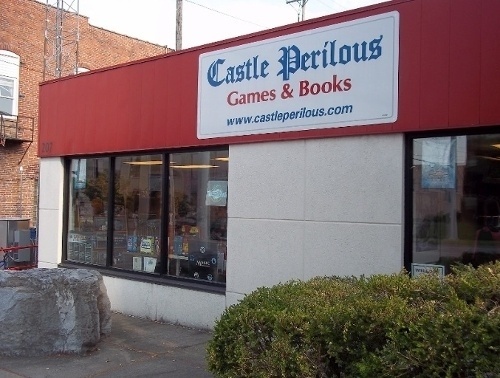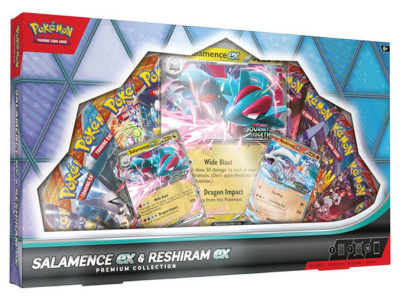A discussion that has floated among game stores for the past couple of years is whether to charge for table space in the store, aka "monetizing table space," and if so, how to go about doing so. One group views table space as customer space, akin to a restaurant such as McDonald’s providing table space. A store sells a product and customers expect to have a place to use it. The other group views table space as something salable the store offers, similar to other products or time spent grading cards. Time and space has value and the store should expect to generate revenue from it.
Here are some of the arguments in favor of charging fees for allowing customers to use table space in the store:
- Space has value. Every square foot of a store should generate revenue for the business in order to increase sales. If space is not generating direct revenue, such as table or tournament fees, it could be more effectively monetized by removing the tables and replacing them with shelves or racks to display more merchandise, the sale of which will add directly to the store’s bottom line.
- Increase revenue per customer. If the space has value, customers should pay to use it. A lot of stores can tell tales of customers that come in, use the store table space, and never buy anything in the store. While it is common for customers to enter a clothing or shoe store, wander around and leave without not purchasing anything, those stores are not providing any space for customers to engage in other activities. To return to the restaurant example, neither McDonald’s nor Chili’s would allow a customer to bring in and eat food that they had purchased elsewhere. Why should games stores be different?
- Perceived value. Following up on #2, table space has value. Stores have to pay rent on that space or forgo selling merchandise where tables are located. Charging for the use of table space increases the perceived value of that table space in the mind of the consumer: "Free is worth what you paid for it." By charging for the use of store tables, even a nominal sum, the value of the play space gets enhanced in the mind of the customer
Arguments against charging for play space:
- Third Place concept. Much like a bar or coffee shop, the game store has become what sociologists call a "Third Place," a space separate from home and work. Those establishments do not charge for their customer space, relying on customer loyalty to generate repeat sales.
- Indirect sales. Much like the coffee shop or bar, providing game space allows the store to generate revenue indirectly from the sales. Customers come in to play Magic: The Gathering or Warhammer 40K and spend money purchasing product that they would not have bought had the available table space not brought them into the store. Note that this argument does not include generating revenue from customers from the sale of snacks and soda. That works if the store has moved to a game store/coffee shop or bar model but snack sales are generally too small to justify focus on them on their own.
- Friendly Local Game Store. Charging for what most customers perceive as something that should be offered free can change the perception of the game store in the mind of the consumer from a welcoming Third Place to an operation run solely to pull as much money out of customers’ pockets as possible.
Since the advent of the game store, customer have typically had access to table space in stores free of charge. As the FLGS has shifted to a more professional model in recent years, monetizing table space has become a more important issue with seminars on the topic at most industry trade shows, usually focusing on how to successfully monetize table space. Time will tell, as the cliché goes, if more stores move in that direction.
The opinions expressed in this column are solely those of the writer, and do not necessarily reflect the views of the editorial staff of ICv2.com.









